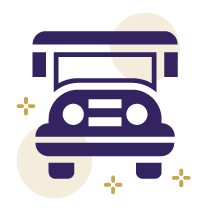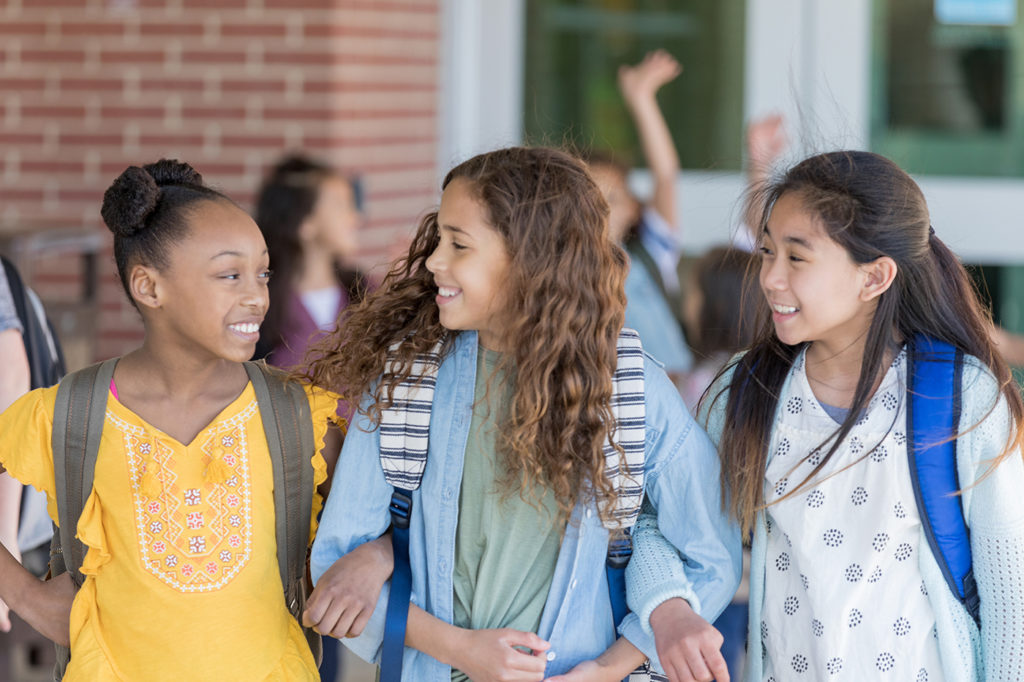
Social Skills and Peer Relationships
Overview
An important factor in child development is how children get along with others. In fact, good social skills are very important for life success. Social skills include what to say to others, how to make and keep friends, how to work well with others, how to make good choices and how to act in different social situations. How children and adolescents function socially can impact their academic performance, behavior, interpersonal relationships and participation in extracurricular activities.

Most children acquire positive social skills in their day-to-day interactions with others. Adults should reinforce this incidental learning. When children do not spontaneously acquire good social skills, however, intervention is important. Children who have social skills deficits often experience anxiety and depression, and/or display aggressive behaviors. They are often rejected by their peers.
School is a social place, and most learning in school is a social activity. A student’s academic performance may suffer as an indirect result of poor peer relationships. Before appropriate social skills interventions can be conducted, it is necessary to determine the exact skills children do and do not possess so that their specific deficits can be targeted and interventions that capitalize on their strengths can be implemented.
Resources
Hagar, K., Goldstein, S. and R. Brooks (2006). Seven steps to help your child’s social skills: A family guide. Specialty Press.
Goldstein, S. and R. Brooks (2007). Understanding and managing children’s classroom behavior: Creating sustainable, resilient classrooms. Hoboken, NJ: Wiley Press.
Goldstein, S., Brooks, R. and S. Weiss (2006). Angry children, worried parents: Seven steps to help families manage anger. Plantation, FL: Specialty Press.
